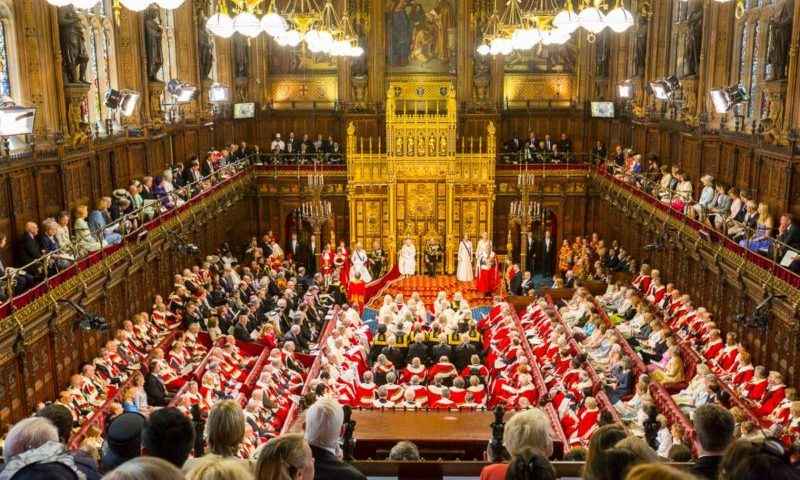
Members of the House of Lords
An invitation to join the House of Lords is a coveted reward for past service in Parliament or professional expertise and achievement. There are approximately 800 members at present (2018), whereas prior to 1999 there had been 1,330. This reduction was the result of The House of Lords Act 1999, which stopped hereditary membership.
Of the 800, twenty-six are Bishops or Archbishops from the Church of England. There are ninety-two hereditary peers who have retained their membership for the time being. The rest of the Lords are ‘life peers’, which means that the membership is individual and not able to be passed down to an heir. Life peerages are awarded in the Queen’s Honours List and by the Prime Minister in special circumstances.
The purpose of the House of Lords is to act as a minder for the House of Commons, scrutinising, amending and even proposing Bills before they go up for Royal Assent. They also have committees that look at a variety of aspects of government, ranging from international agreements to adult social care and the rural economy, for example. As the world’s oldest, unelected second chamber, the Lords has its critics who would wish to abolish or drastically reform it.
(Image: ukhouseoflords at Flickr.com / CC BY-NC-ND 2.0)
